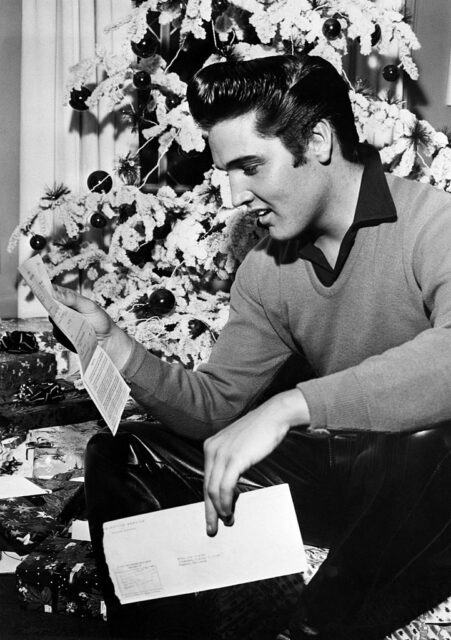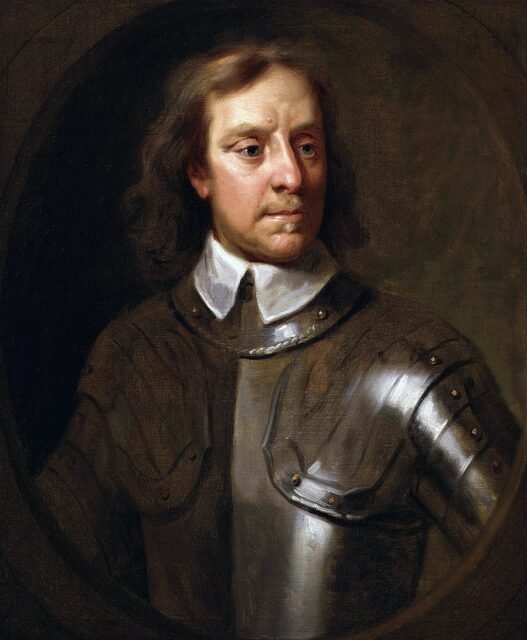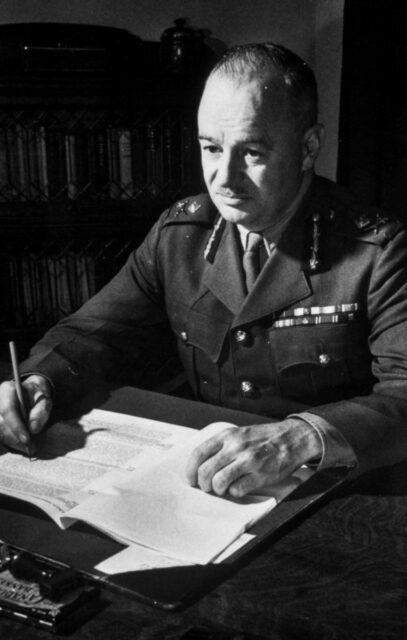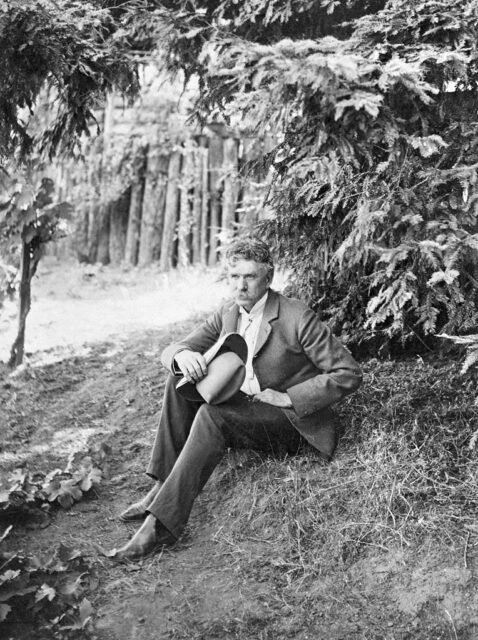Christmas comes just once a year, but it’s one time too many for some. While the Ebenezer Scrooges of the world make up a small percentage of the population, they’re persistent and can be found throughout history. Here are four memorable cases of notorious party poopers who humbugged their way through the holiday season…
No love for Elvis Presley on Christmas

The King of Rock and Roll Elvis Presley became the King of “Jingle Bells” in 1957 upon releasing the classic, Elvis’ Christmas Album. However, many in the radio establishment weren’t impressed, and a stand was being taken against the perceived low morals of this new and exciting form of music.
Program manager Bruce Dennis, quoted in the 2005 book Is Rock Dead?, said, “Eight out of ten numbers are trash not acceptable for radio presentation.”
DJ Dick Whittinghill refused to play Presley’s hits on KMPC in Los Angeles, California, and he wasn’t about to let the advent of the festive season move him from his chosen path. As Billboard reported at the time, he “answered a request to play the Presley album, with ‘No, I won’t play it. That’s like having Tempest Storm (stripper) give Christmas gifts to my kids.'”
As a result, listeners were deprived of such controversial offerings as “O Little Town of Bethlehem.”
This was serious business. At one point, Al Priddy of radio station KEX in Portland, Oregon reportedly lost his job for placing Elvis’ rendition of “White Christmas” on the decks. The spirit of Ebenezer Scrooge was truly alive and well on the airwaves of America, it seems.
Was Oliver Cromwell a real-life Grinch?

Oliver Cromwell was hated for apparently banning Christmas in the mid-17th century. However, some argue it was the Puritans he emboldened who were the real Grinches. According to Historic England, “Although Cromwell himself did not initiate the banning of Christmas, his rise to power certainly resulted in the promotion of measures that severely curtailed such celebrations.”
Many Puritans believed the holiday was too closely associated with Catholicism, with others referring back to the Bible, in which no mention of such celebrations is made. On top of this, the rowdiness that came with ringing in the holiday season was less than favorable at a time when people turned down their noses at such behavior.
The Puritan movement had also crossed the Atlantic, where they caused festive chaos. In 1630, they landed in America, bringing with them the tough approach of their homeland. As History reports, “Christmas in the 1600s was hardly a silent night, let alone a holy one. More befitting a rowdy spring break than a sacred occasion.” Colonists saw evil in their stockings, rather than oranges.
Despite the season’s religious aspect, the General Court of the Massachusetts Bay Colony clamped down on festivities. This influence spanned centuries, with the state finally accepting Christmas as a public holiday in 1856.
Santa Claus’ unexpected connection to war… Allegedly

As the first person put in charge of the World Health Organization (WHO), Brock Chisholm knew a thing or two about well-being. Unfortunately, his expertise didn’t extend to Christmas wishes.
The Canadian psychiatrist’s reputation took a knock when he warned parents against telling their children about Jolly Old Saint Nick himself, Santa Claus. He went as far as to say, “Any man who tells his son that the sun goes to bed at night is contributing directly to war… Any child who believes in Santa Claus has had his ability to think permanently destroyed…”
Chisholm reckoned that under these circumstances, a boy could easily become the type of person who “develops a sore back when there is a tough job to do, and refuses to think realistically when war threatens.”
Ironically, this affair earned him the nickname, “Santa Claus Man.”
The ‘anti-Santa’

American scribe Ambrose Bierce had his illusions shattered about Christmas at an early age. Reportedly, he didn’t take kindly to finding out Santa Claus was made up, despite his mother’s assertions. When it came to the season of goodwill, he was as bitter as a turkey basted in creosote.
Later in life, Bierce penned a poem concerning this festive fury, “An Unmerry Christmas,” which was printed in his Collected Works (1908). Among the lines was, “For Christmas greetings are like pots of ore / The hollower they are they ring the more.”
More from us: Some Weird Versions of ‘A Christmas Carol’ You Likely Haven’t Seen
Bierce was so disappointed that he carried a hatred of his mother into adulthood, with some later calling him the “anti-Santa.” It goes to show that an angry child can grow into a truly miserly man.
